Those fine red, blue, or purple lines that sit just beneath the surface of the skin are spider veins and they are incredibly common. While they rarely indicate a serious medical issue, many people want them treated for cosmetic reasons, especially when they appear on the legs, face, or chest.
When people think of varicose veins, they often associate them with older adults. But at the Vein Institute of New Jersey, we see plenty of younger patients — some in their 20s and 30s — who are surprised to learn they have vein disease.
Spider veins are a common cosmetic concern, and sclerotherapy is one of the most effective treatments to eliminate them. If you're considering or have recently undergone sclerotherapy at the Vein Institute of New Jersey, you might be wondering what to expect in the days and weeks ahead. Here’s a detailed look at the[…]
Pregnancy is an exciting journey, but it also brings changes that can affect vein health. Increased blood volume, hormonal shifts, and the pressure of a growing uterus can lead to varicose veins, spider veins, deep vein thrombosis (DVT), and pelvic congestion syndrome (PCS). While some of these issues may resolve[…]
Varicose veins are more than just a cosmetic issue — they can be a significant cause of leg pain and discomfort. If you’ve noticed bulging, twisted veins in your legs, you may be dealing with more than just an unsightly problem.At the Vein Institute of New Jersey, we want to help you understand the link between[…]
At the Vein Institute of New Jersey, one of the most common concerns we hear from patients undergoing treatment for Chronic Venous Insufficiency (CVI) is, "Do I need the veins you are removing?"


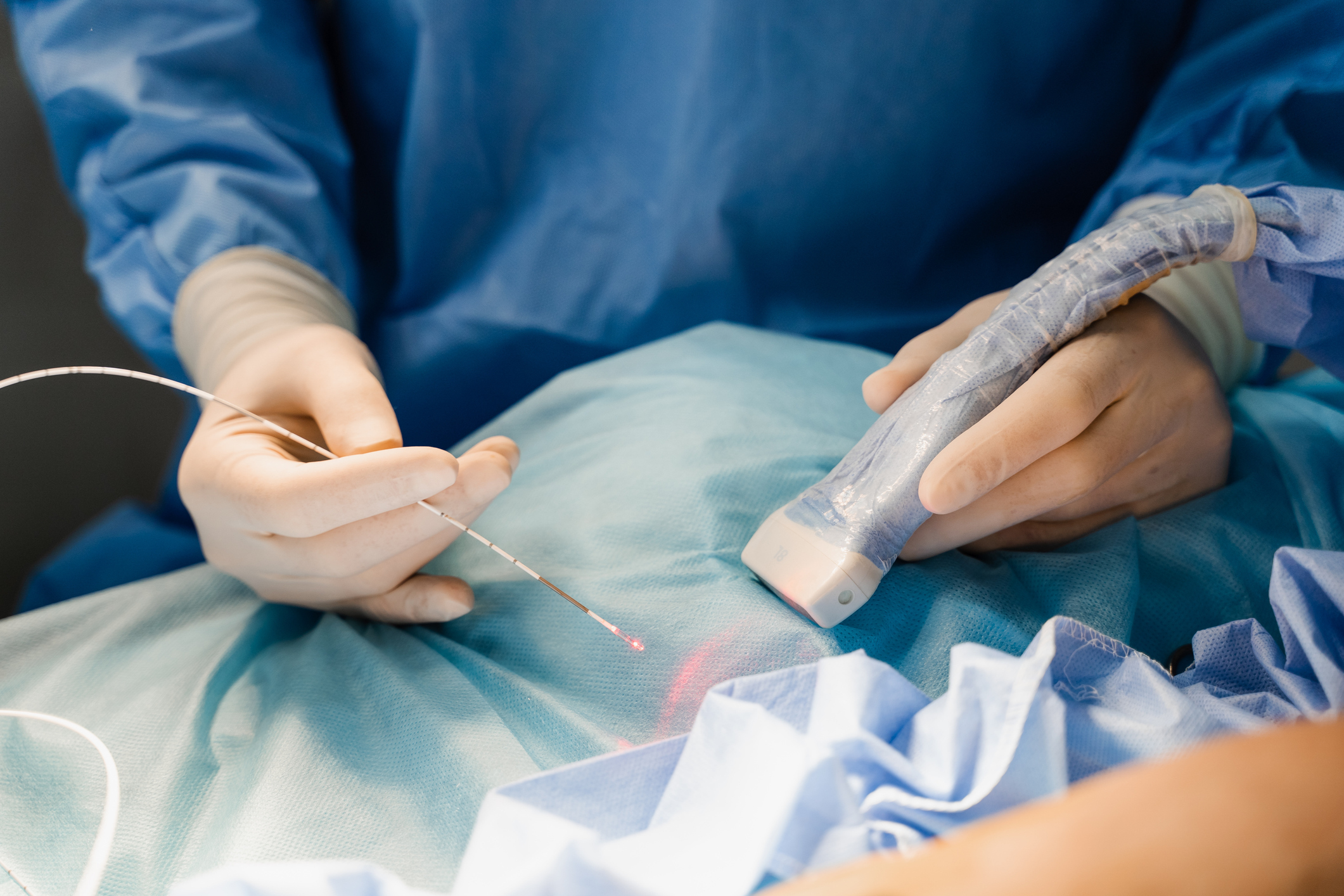

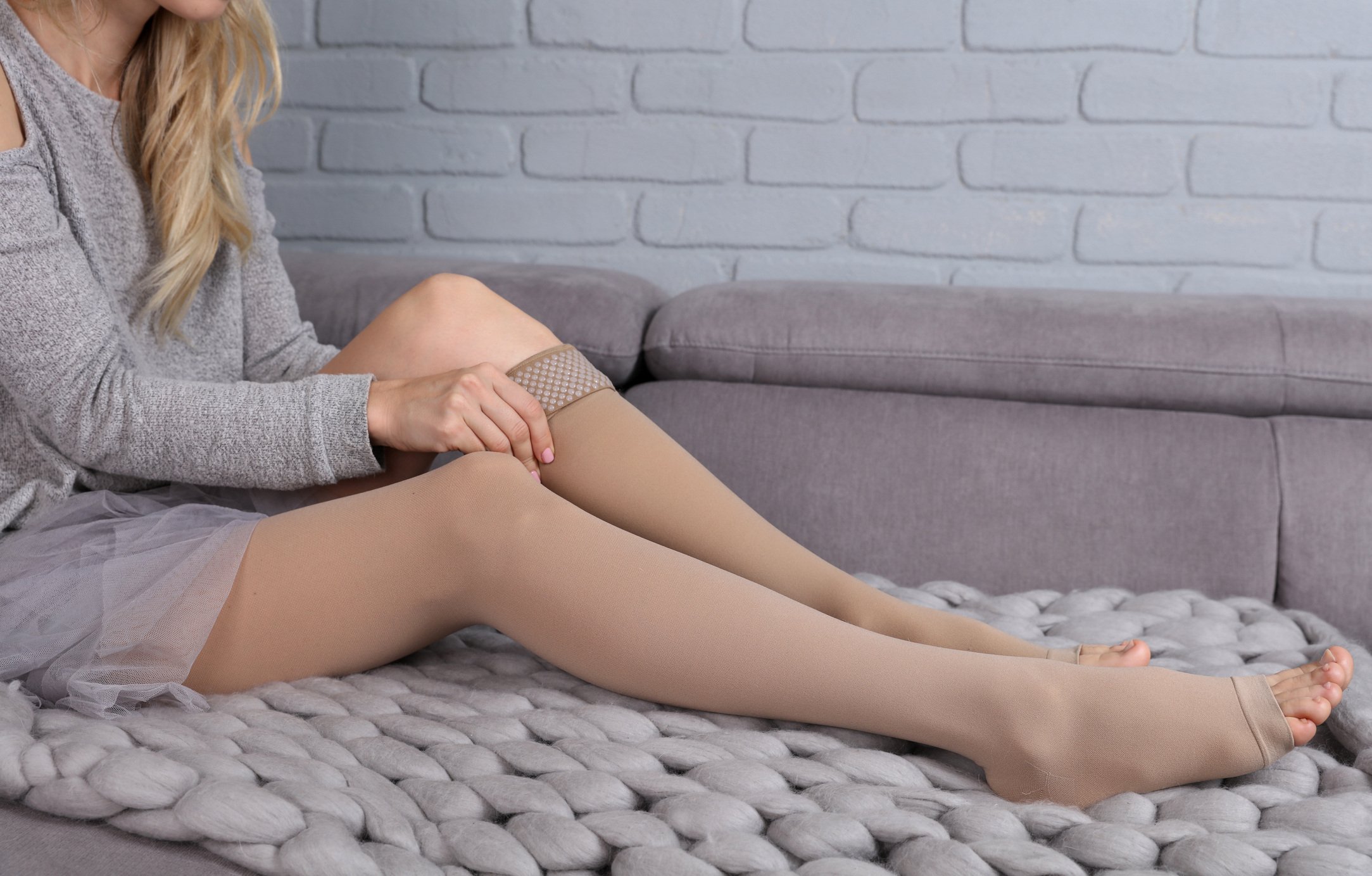

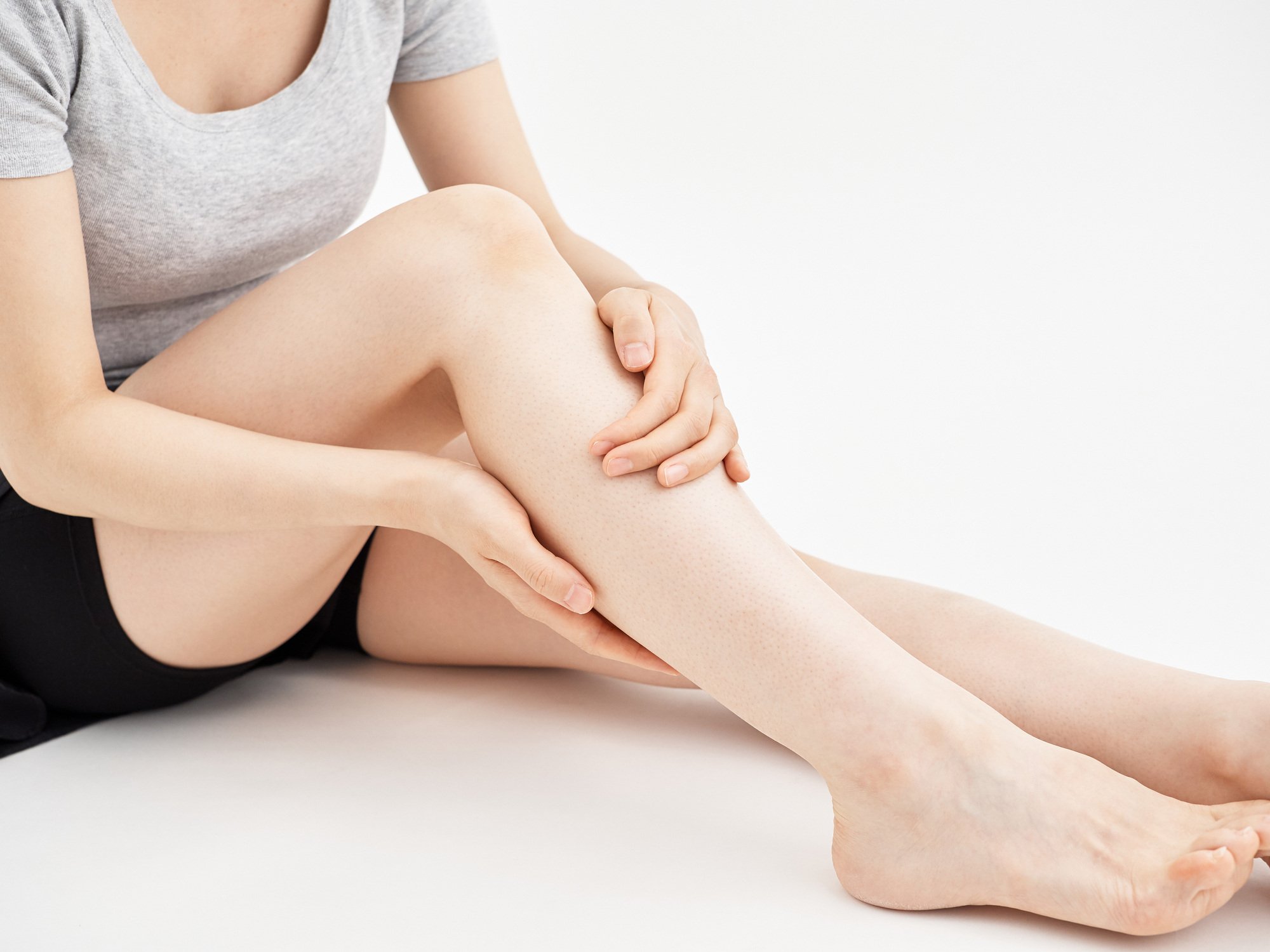
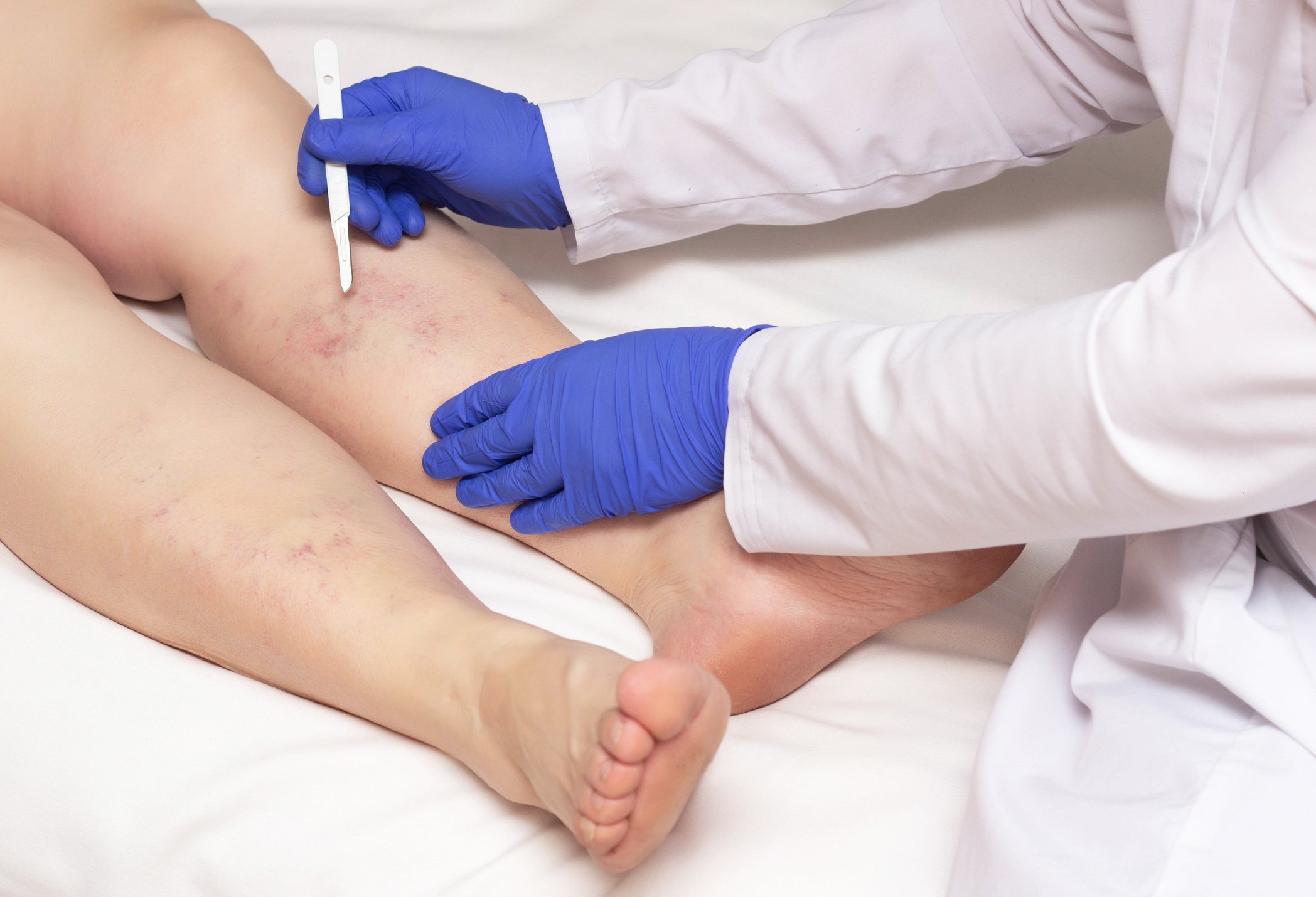



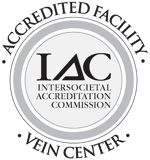
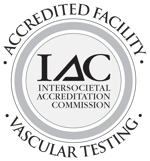
.jpg?width=944&name=Castle-Connolly-Top-Doctors-Emblem-Large%20(4).jpg)